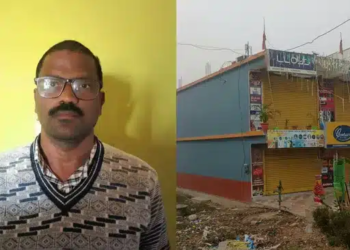The Supreme Court of India on Thursday expressed concern over the rising misuse of social media following the recent shoe-throwing incident involving Chief Justice of India (CJI) BR Gavai.
A 71-year-old lawyer, identified as Rakesh Kishore, allegedly hurled a shoe at the CJI inside the courtroom on October 6. The Bar Council of India later suspended his license with immediate effect.
Court Cautions Against “Unregulated” Social Media
During the hearing, a bench of Justices Surya Kant and Joymalya Bagchi observed that the unregulated nature of social media poses risks to institutional dignity and public discourse.
“We are both the product and the consumer of social media content,” the bench remarked, underlining the dual role citizens play in the online ecosystem.
Solicitor General Tushar Mehta and Supreme Court Bar Association (SCBA) President Vikas Singh requested the bench to take up a contempt case against advocate Rakesh Kishore. They urged the court to pass restraining directions on social media, noting that “demeaning comments” were being widely shared after the incident.
Court Emphasizes Limits of Free Speech
The bench reiterated that the fundamental right to free speech and expression is not absolute.
“Freedom of speech cannot come at the cost of the dignity and integrity of others,” the court stated.
However, the judges were cautious about fast-tracking the contempt hearing.
“Let’s see if some saleable points are still left after a week,” the bench said, indicating that the case may be reviewed after Diwali.
Background
The shocking incident took place during a court proceeding on October 6. Despite the sudden disruption, CJI Gavai remained calm and asked court officials to ignore the act and let the lawyer off with a warning.
Legal experts and citizens have since debated the event, raising broader questions about security in courtrooms and the impact of social media outrage on judicial institutions





























